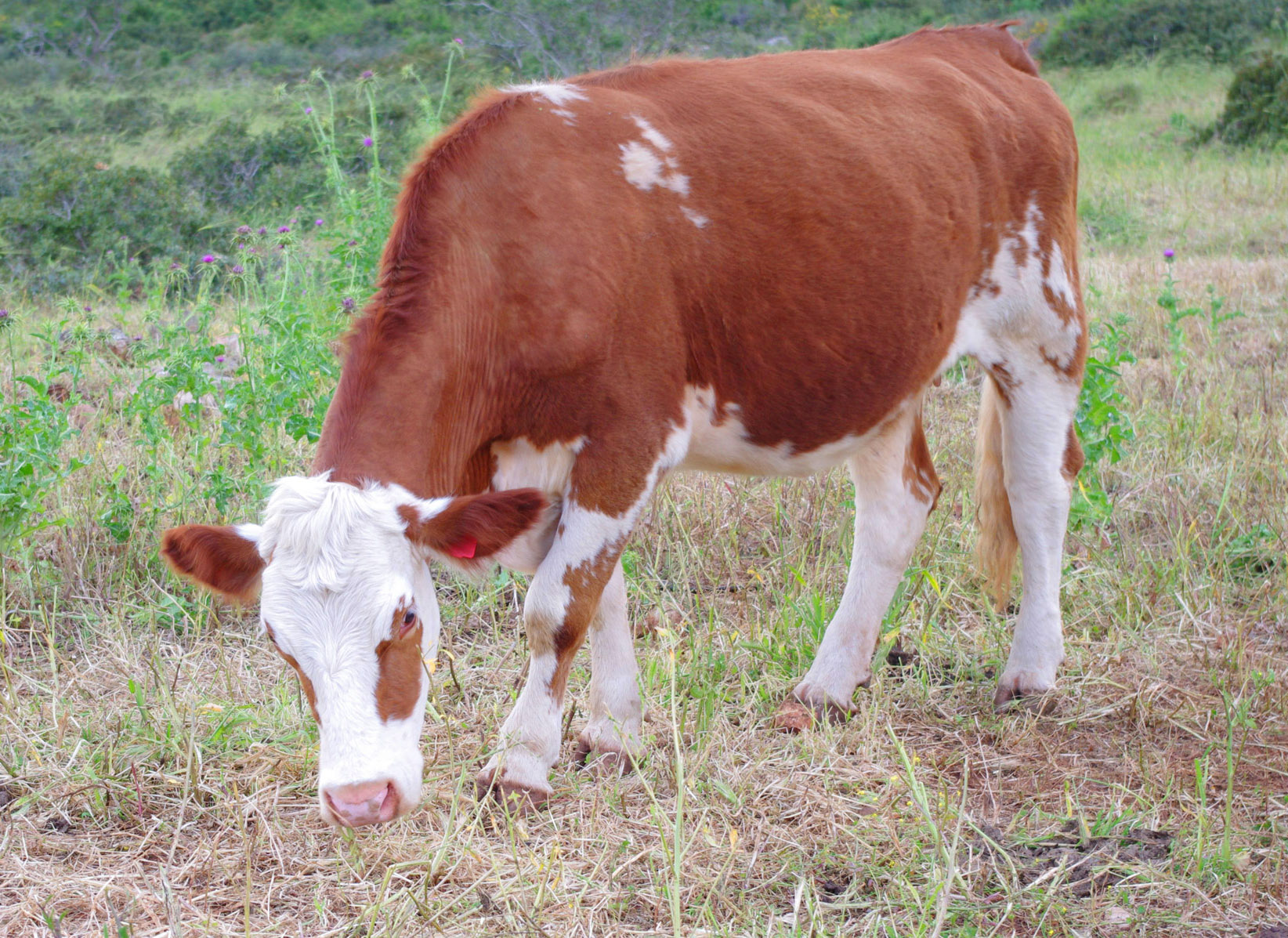Originally posted at this link
Thursday, February 11, 2021 - Kelp is a species of brown seaweed that is rich in minerals, especially iodine. It also contains a plethora of other nutrients such as vitamins, polyunsaturated fatty acids (PUFA), polyphenols and bioactive peptides.
contains a plethora of other nutrients such as vitamins, polyunsaturated fatty acids (PUFA), polyphenols and bioactive peptides.
Kelp is also loaded with phlorotannin, a compound similar to terrestrial tannins found in legumes that affects carbohydrate and protein utilization in addition to inhibiting the growth of bacteria.
Kelp helps pastured cattle meet their daily nutritional requirements that may not always be met by grass and legumes. While pasture forages are higher in crude protein content, kelp is far richer in calcium, magnesium, potassium and sulfur than straight pasture, on top of being a solid source of iodine.
“Kelp also has high concentrations of antioxidants such as beta-carotene and fucoxanthin, which may improve animal health as well,” said University of New Hampshire professor, extension educator, and veterinarian Andre Brito.
Studies conducted at the UNH Burley-Demeritt research farm investigated the effect of kelp meal supplementation on milk yield, digestibility, overall animal health and methane emissions during grazing season from June through October as well as winter months.
The subjects of the study were 20 Jersey cows averaging 175 days in milk with daily production at 45 pounds per day with a mean bodyweight of 972 pounds. The study group received 4 ounces of kelp per day, compared to the control group that received no kelp at all, and received fresh pasture twice per day in addition to supplemental TMR twice per day.
The group receiving kelp had slightly better milk production, but none of the other findings were statically significant.
On the other hand, cows eating kelp had significantly higher levels of milk iodine concentration compared to the control group. Iodine compounds are essential to thyroid function, which regulates hormone processes for growth and development in tandem with metabolism and energy regulation.
While kelp meal supplementation may provide organic farmers with an additional opportunity to boost animal health, the lack of a statistical difference in milk production, somatic cell count and feed intake warrants further investigation.
DOC's COMMENT: As in any reductionist type research, this study does not give a true picture of the many holistic benefits of feeding kelp. The author did not mention the many benefits of feeding a full array of trace minerals as is found in kelp.
Trace mineral supplementation can be achieved by offering free-choice Organic Dried Kelp from Advanced Biological Concepts.
Read the original article here
